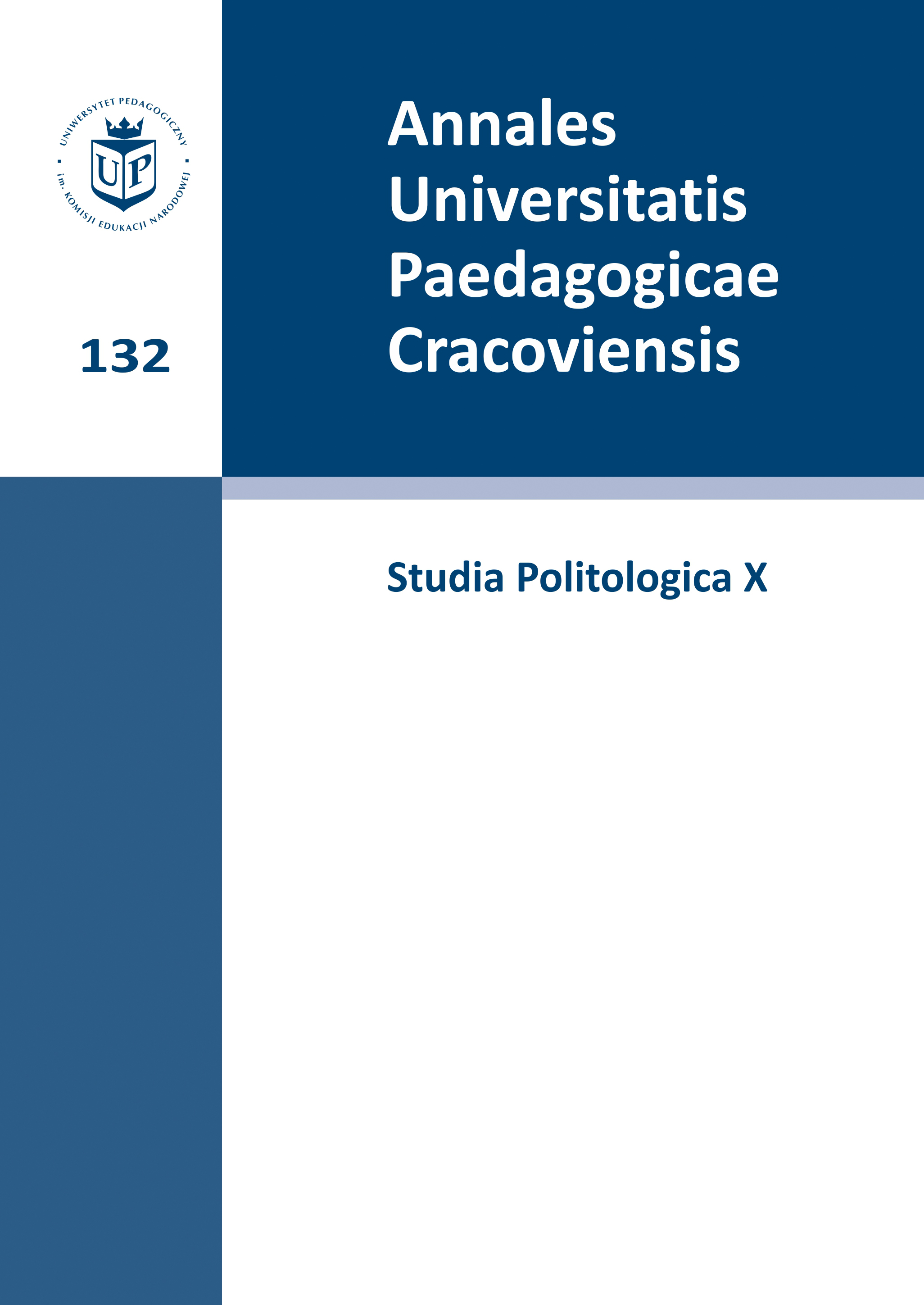Partia zjednoczona czy podzielona? Różne nurty PZPR w ostatniej dekadzie PRL
Abstract
The article describes the fractions and trends that functioned in the Polish United Workers’ Party in the 1980s. Creation of Independent Self-governing Trade Union “Solidarity” in 1980 and the political crisis connected with the event led to the loosening of the party’s discipline. Groups with a different point of view on the then political and economic situation started to develop. The most recognized fractions included the members of the party that were associated with dogmatism and those associated with liberalism. The former, also known as “hard-headed”, pronounced for dealing with “Solidarity” in a quick and forceful manner, they criticised the followers of Stanisław Kania and gen. Wojciech Jaruzelski for their amicability and took advantage of the verbal and material support of the Soviet Union, German Democratic Republic and Czechoslovakia. Their aim was to seize the power in the party. The liberals who were concentrated in the horizontal structures, on the other hand, strived for a reform of the Polish United Workers’ Party that would involve democratisation of the decision-making process. They were also more willing to dialogue with the opposition than the “hard-headed” were. The imposition of the martial law pacified “Solidarity” and was the onset of clearing the ranks of the party. Fraction activity became forbidden and the most important members of the dogmatic movement were gradually losing their posts and influences.Downloads
Published
2015-08-07
Issue
Section
Scientific paper
License
Redakcja przyjmuje do druku teksty oryginalne, wcześniej niepublikowane. Treść czasopisma jest dostępna na licencji Creative Commons (CC-BY-NC-ND 3.0 PL)
Licencja ta zezwala na wykorzystanie materiałów opublikowanych w czasopiśmie w celach niekomercyjnych np. komentarza, krytyki, informacji, archiwizacji, nauczania lub prowadzenia badań, z poszanowaniem aktualnie obowiązującego prawa autorskiego (ustawa z dnia 4 lutego 1994 r. o prawie autorskim i prawach pokrewnych Dz.U. 1994 nr 24 poz. 83 z poźn. zm.). Zgodnie z wymogami licencji, konieczne jest dokładne podanie źródła cytowania lub parafrazowania oraz zachowanie tekstu w oryginalnej postaci (zakaz tworzenia utworów zależnych).

